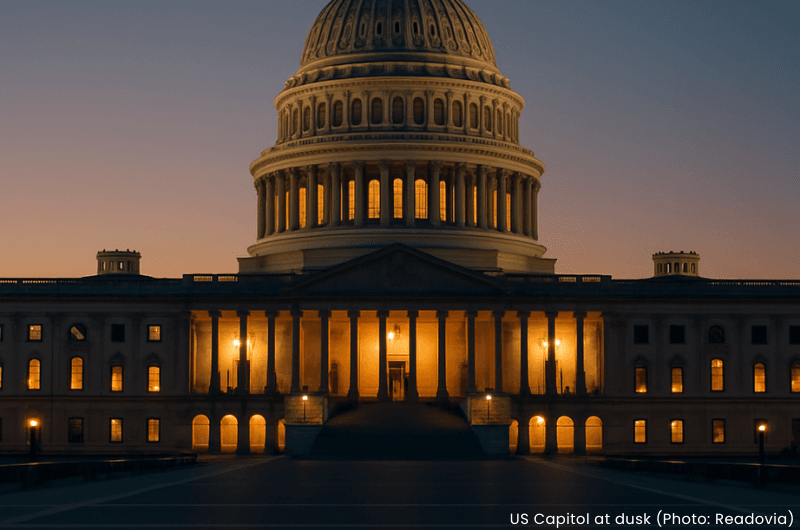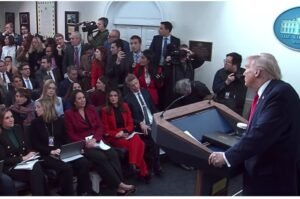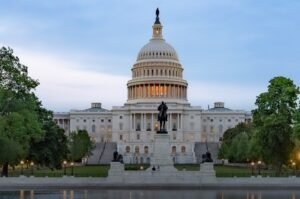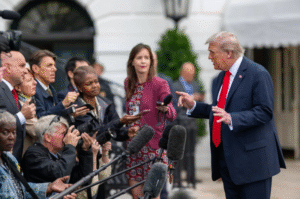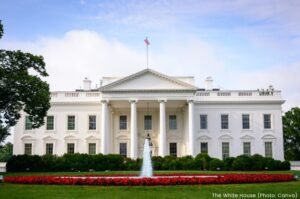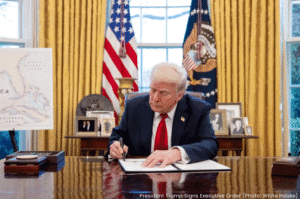Budget negotiations collapsed Tuesday night, leaving Congress on the brink of a partial government shutdown as the September 30 deadline fast approaches. The breakdown came after Republicans doubled down on sweeping border security demands that Democrats flatly rejected, deepening the stalemate in Washington.
With just weeks to go before the fiscal year ends, lawmakers face mounting pressure to either strike a full-year funding deal or pass a stopgap measure to keep the government open. But divisions within the Republican conference—some pushing for long-term appropriations, others willing to settle for a short-term patch—are adding friction to an already fragile process.
Democrats, meanwhile, say they won’t negotiate under threats of unilateral cuts. Their distrust only grew after President Trump rescinded nearly $5 billion in foreign aid without congressional approval, a move that they argue undermines the legislative branch’s power of the purse. Senate Majority Leader Chuck Schumer and House Minority Leader Hakeem Jeffries have called for a leadership-level meeting in hopes of breaking the impasse.
If Congress fails to act by the deadline, nonessential services such as national parks, passport processing, and certain federal offices would shut down, while hundreds of thousands of federal employees could face furloughs or unpaid work. Critical services—from national defense to air traffic control—would continue, but the disruption could ripple across the economy and add political volatility to an already turbulent fall.
For now, both parties appear dug in. And unless there’s a last-minute breakthrough, the countdown to shutdown has officially begun.
The Author

Ellis Grant
Staff Writer, Readovia

